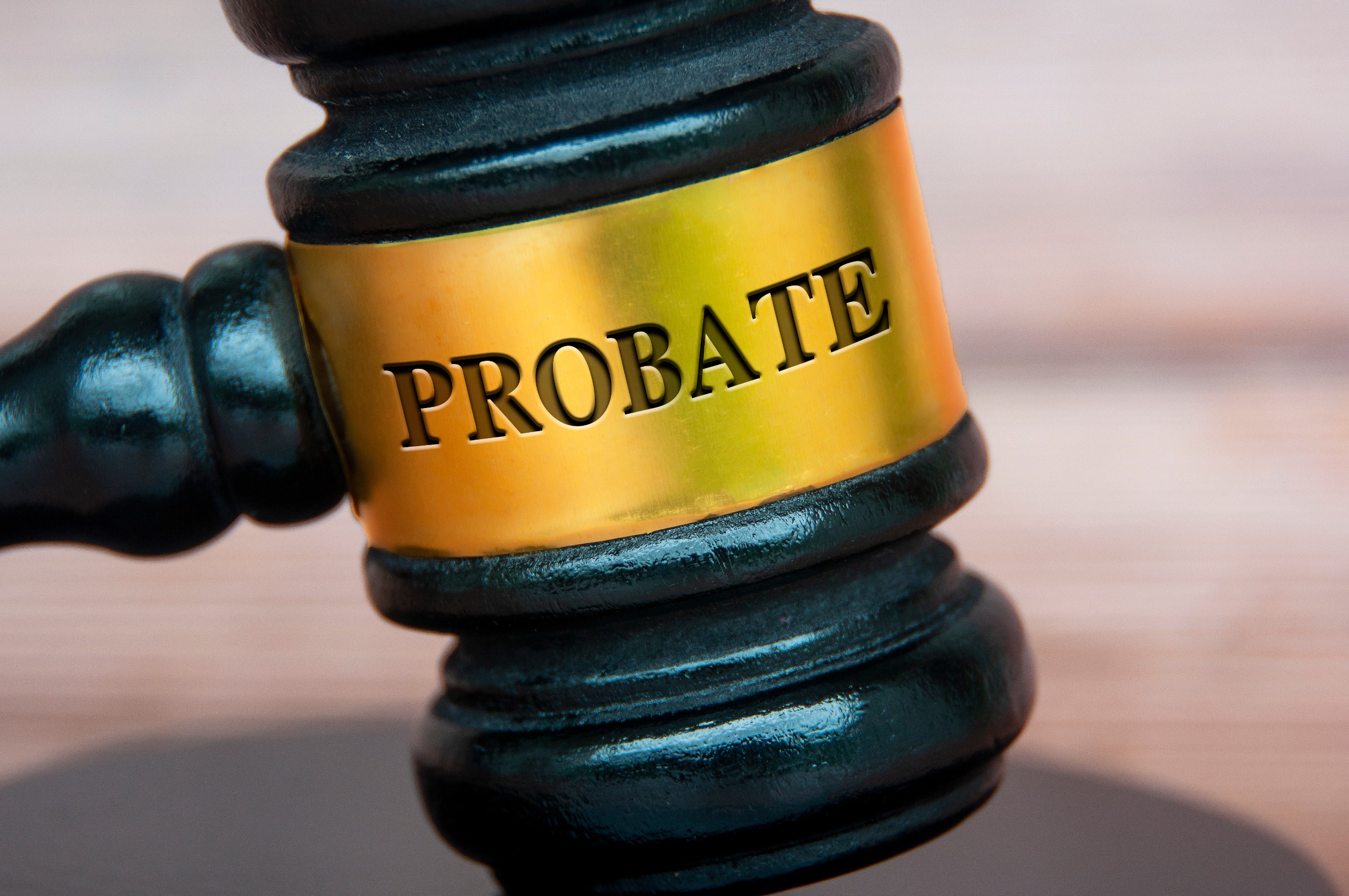It is possible to withdraw money from a deceased relative’s bank account if you’re the personal representative, but only under specific legal circumstances and after meeting certain requirements. When a loved one passes away, managing their estate can feel overwhelming, especially when it comes to handling their finances. As a personal representative (also known as an executor), you play a key role in the probate process. Here’s what you’ll need to know.
Understanding Your Role as Personal Representative
A personal representative is the individual responsible for managing and settling the deceased’s estate. This role involves handling assets and their distribution, financial affairs of the deceased, and any other matters that need attention.
Before you can access any bank accounts, the court must officially recognize you as the personal representative through a probate process, which includes the following steps:
Initiate Probate Proceedings: Probate is the legal process of administering the deceased’s estate. As part of this process, the court will issue letters testamentary (if there is a will) or letters of administration (if there is no will) to formally appoint you as the personal representative.
Present Documentation to the Bank: Once appointed, you’ll need to present the following to the bank:
- A certified copy of the death certificate
- Letters testamentary or letters of administration
- Proof of your identity (such as a driver’s license or passport)
Open an Estate Account: Banks typically require personal representatives to open a separate estate account. This account consolidates the deceased’s funds, ensuring that all transactions are recorded and conducted on behalf of the estate. Transferring the funds from the deceased’s account to the estate account is a common first step after gaining access.
As a personal representative, you must use the money to settle the deceased’s obligations. Misusing these funds can lead to legal consequences, including claims of fiduciary misconduct. Additionally, if the account is jointly owned or has a payable-on-death (POD) designation, the funds bypass probate and automatically transfer to the joint owner or named beneficiary.
What Happens Without a Will?
If the deceased did not leave a will, the court will appoint an administrator to manage the estate. The process for accessing bank accounts is similar, but the distribution of assets will follow Oklahoma’s intestacy laws, which determine the heirs based on familial relationships.
Tulsa County Probate Law
Withdrawing money from a deceased relative’s bank account as a personal representative is a regulated process requiring court authorization and compliance with fiduciary duties. While it may seem daunting, understanding your responsibilities and following the proper legal steps will help you manage the estate effectively and honor your loved one’s wishes.
Our team here at Tulsa County Lawyers Group will guide you through the entire probate process. If you need help, contact us today by calling (918) 379-4864 or reach us online for a consultation.

